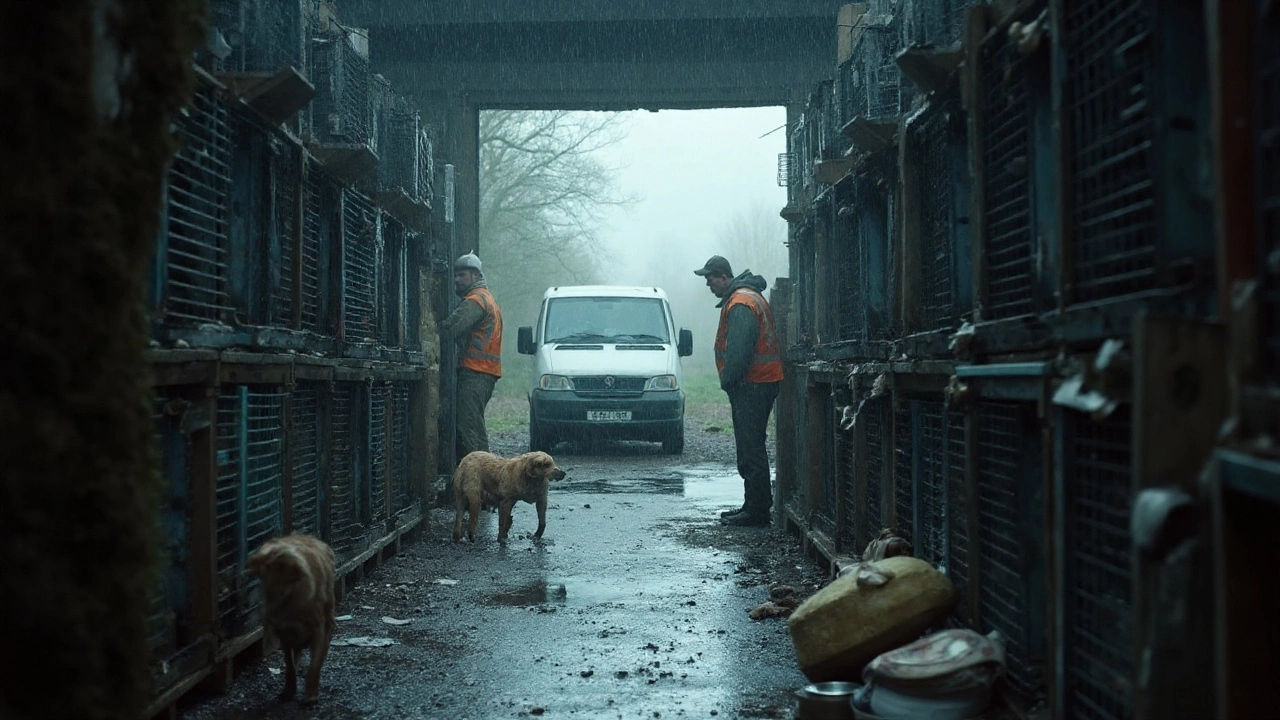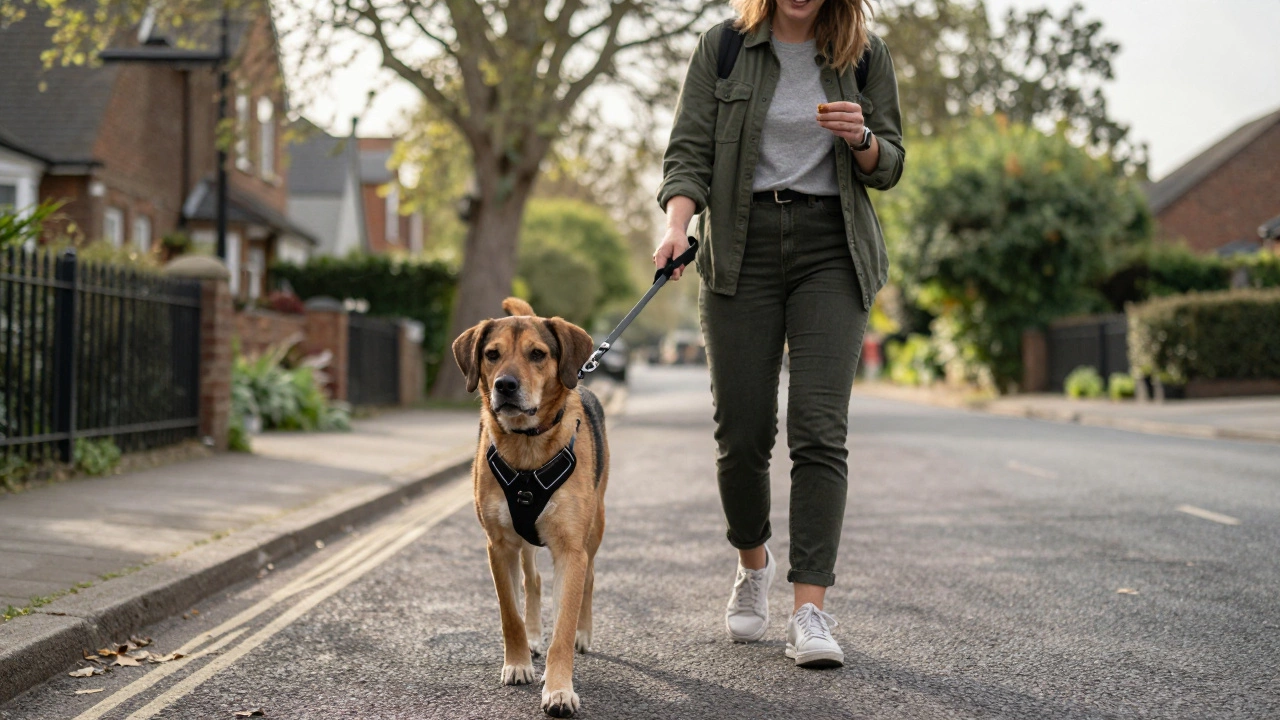Puppy Farms: What They Are, Risks & How to Spot Them
If you’ve ever browsed online for a cute new pup, you might have seen dozens of listings that look too good to be true. Those low‑price ads often come from puppy farms – places that breed dogs in mass, without caring for health or wellbeing. Knowing the signs can save you money, a sad story, and a sick dog.
Why Puppy Farms Exist
Puppy farms are basically factories where people try to make as many puppies as possible, as fast as possible. They keep dogs in cramped cages, skip vet checks, and use cheap food. The goal is profit, not a good life for the dogs. Because they cut corners, puppies often arrive with hidden health issues, bad temperaments, or both.
How to Spot a Puppy Farm
Here are three quick things to look for:
- Price that’s way below market. If a purebred puppy costs half the usual price, be suspicious.
- Lots of different breeds from the same source. A legitimate breeder usually focuses on one or two breeds they know well.
- No health paperwork. Reputable breeders give you a health guarantee, vaccination records, and a pedigree.
Also, ask for a live video tour or visit in person. If the owner refuses, that’s a red flag.
Another clue is the location. Many puppy farms operate out of residential areas, farms, or warehouses. A quick Google Maps check can reveal whether the address looks like a proper home or a commercial breeding site.
When you finally meet the puppy, watch its behavior. Puppies from farms often seem hesitant, scared, or overly aggressive. They may also have visible injuries, runny eyes, or a dull coat.
Safer Ways to Get a Puppy
The best alternative is adopting from a shelter or rescue. These dogs are already spayed or neutered, up to date on shots, and many have health checks done. If you really want a specific breed, look for a member of the UK’s Governing Council of the Canine Register (GCC) or a local Kennel Club‑registered breeder. Ask for references, see the puppy’s parents, and visit the home.
Another option is to work with a reputable rehoming service. They vet the current owners and the dog’s health before matching you.
Regardless of where you find the pup, always ask for a vet health check within a week of bringing the dog home. That way you catch any hidden problems early.Finally, report suspicious listings to the local authority or the RSPCA. Your tip can help shut down a farm and protect future puppies.
Choosing a puppy is an exciting decision. By staying aware of the signs of a puppy farm and picking a trusted source, you’ll bring home a happy, healthy dog and avoid the heartbreak that comes from supporting an illegal operation.
Unsold Dogs in Puppy Mills: What Really Happens and How to Help
Clear answers on what happens to unsold dogs in puppy mills, UK/US law basics, warning signs, reporting steps, and ethical ways to help or adopt.






